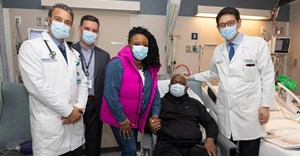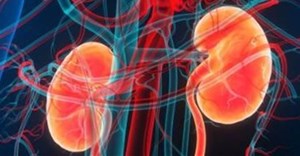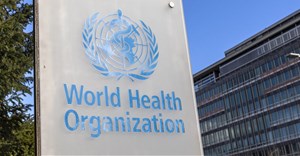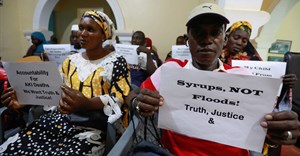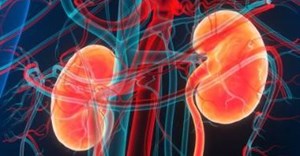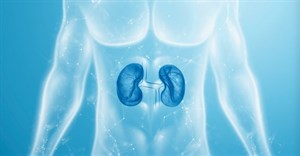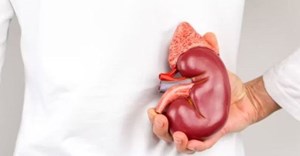Trending

 East Africa internet disrupted by another major undersea cable cutLindsey Schutters
East Africa internet disrupted by another major undersea cable cutLindsey Schutters
 George building collapse: 44 remain missingKatja Hamilton
George building collapse: 44 remain missingKatja Hamilton First of its kind MACC Fund to raise R10.2bn to transform creative industryDanette Breitenbach
First of its kind MACC Fund to raise R10.2bn to transform creative industryDanette Breitenbach
Elections 2024
Don't wait for "silent killer" symptoms - get tested for kidney disease
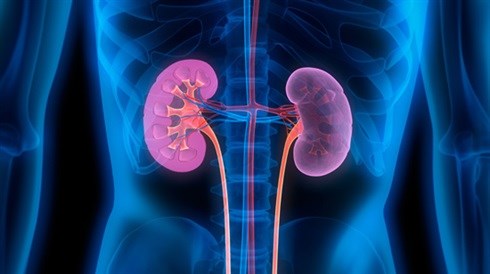
"By the time a patient develops symptoms, CKD has sometimes been present for months or even years, and then it may be too late to reverse the problem," says Prof Razeen Davids, the head of Stellenbosch University's Division of Nephrology at the Faculty of Medicine and Health Sciences (FMHS).
This disease is present when the kidneys do not function optimally to filter waste products, or leak abnormal amounts of protein or blood into the urine. This is mostly a result of damage caused by common diseases such as diabetes, uncontrolled high blood pressure (hypertension) and infections such as HIV.
"In Africa we have many infectious diseases that contribute to our burden of kidney disease. HIV in particular is one of the major causes of kidney disease in our patients."
CKD symptoms include tiredness, shortness of breath and swelling of the feet and ankles. As most people with CKD also have hypertension, a simple and cheap screening procedure involves a blood pressure test and performing urine dipstick test. Annual screening is recommended for people at higher risk of developing CKD. These groups include individuals with diabetes, hypertension, HIV, heart disease, a previous stroke, obesity and those over the age of 50.
Last year Davids and a colleague, Dr Julian Jacobs from the N1 City Hospital, released the first South African Renal Registry report in 20 years. The report revealed stark differences in treatment between kidney patients in the private and public health sectors, as well as between provinces. According to the registry, there were 191 renal treatment centres in the country in 2012, of which 163 were in the private sector compared to only 28 in the public sector.
The release of this data by the Renal Registry was an important factor, which prompted the Minister of Health, Dr Aaron Motsoaledi, to take firm action in the fight against CKD. The Minister has convened a national summit to discuss the management of CKD in South Africa. "By making accurate data available, governments and other role players can plan their services appropriately," continues Davids.
The success of the South African Renal Registry has caught the attention of other countries on the continent and on World Kidney Day, Davids will be hosting representatives from various African countries at the FMHS for a workshop on the implementation of national renal registries.
"Most African governments are unaware that their citizens are dying of the complications of chronic kidney disease and by developing registries we can provide the information needed to make people aware of this dire need for treatment, and make it easier for physicians in the various African countries to motivate for government support for renal replacement programmes," he concludes.






